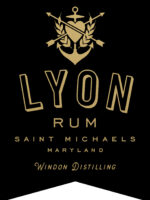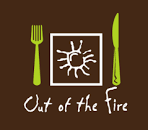
Eastern Shore Land Conservancy
114 S Washington St, Suite 101
Blue Bus Line
Orange Bus Line
Friday & Saturday 10am – 5pm
Sunday 10am – 4pm
Eastern Shore Land Conservancy is not only our newest Art Gallery, showcasing this year’s Photography exhibitors, it is also the home of our brand new Keynotes & Cocktails Lecture Series.
2023 Artists
Photographers
Aiden Cooney
Sharon Denny
Arden Haley & Bill Whaley
Susan Koster
Amy Langman
Phil McGrew & Peggy Deare
Julie Memmolo
Marina Myhre
Heather Orkis
Michael Orr
Ken Rose
2023 Schedule
Friday, November 10
10:00am – 5:00pm
Photography Gallery – Alternative Ways to Shoot in the Wild
10:00am
Passion on The Chesapeake: The Past, Present & Future of the Chesapeake Bay commercial fishing industry through an Ecological Anthropology Lens by Imani Black, Founder of Minorities In Aquaculture
From her appreciation of the Bay’s commercial fishing industry (past & present), this thesis specifically focuses on the historic timeline & contributions of African Americans in many sectors of Maryland’s maritime occupations from the slave era (1865) to present day participation.
Lite Bites provided by Bāgery, Beverages provided by Harrison’s Wine & Liquor, Coffee provided by Zeke’s Coffee
2:00pm
Our Eastern Shore Landscape: Past, Present, and Hopeful Future by Wayne H. Bell, PhD, Center for Environment and Society at Washington College
Refreshments Provided by Out of the Fire & Harrison’s Liquors
4:00 – 7:00pm
Goose Music – FREE party at the ESLC
A courtyard celebration with live music from Sam Pugh, local beer from RAR Brewing, and tacos from Taqueria Floritas. Free. but register here.
Saturday, November 11
10:00am – 5:00pm
Photography Gallery – Alternative Ways to Shoot in the Wild
10:00am
Captain Wade Murphy, Jr., Tilghman Island, MD, Skipjack Rebecca T Ruark
Lite Bites provided by Bāgery, Beverages provided by Harrison’s Wine & Liquor, Coffee provided by Zeke’s Coffee
2:00pm
Dave Harp, Photographer & Filmmaker
Refreshments Provided by Anthony’s Restaurant in Oxford & Signature Cocktail by Harrison’s Wine & Liquor
Sunday, November 12
10:00am – 5:00pm
Photography Gallery – Alternative Ways to Shoot in the Wild
10:00am
Louisa Winters, Mid-Atlantic Drones
Lite Bites provided by Bāgery, Beverages provided by Harrison’s Wine & Liquor, Coffee provided by Zeke’s Coffee
2:00pm
Submerged Aquatic Vegetation: Restoration Efforts to Protect Vital Waterfowl Habitat by Maegan White and Riverkeepers of ShoreRivers
Refreshments Provided by Anthony’s Restaurant in Oxford & Signature Cocktail provided by Harrison’s Wine & Liquor
Friday
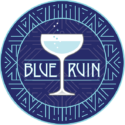
Saturday

Sunday

Speaker Biographies:
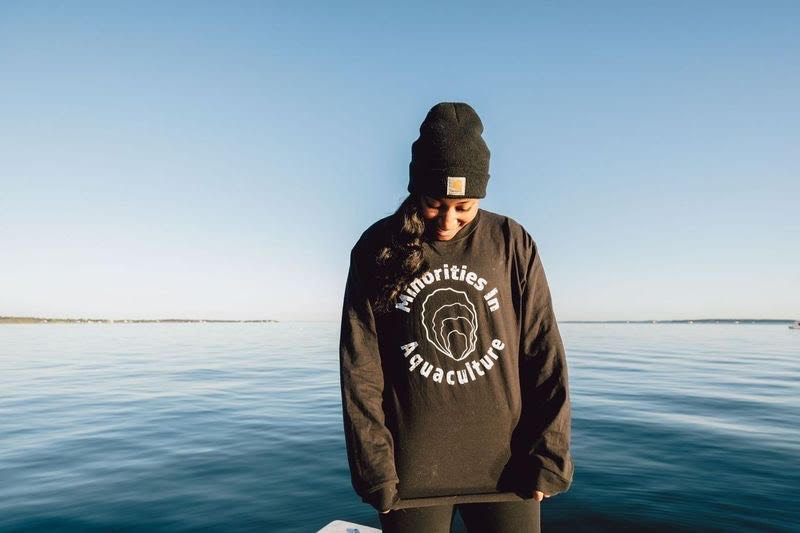
Imani Black was born and raised on the Eastern Shore of Maryland in Chestertown. She has always had a passion for restoration and conservation since she was a young girl and found great interest in the rapidly growing shellfish aquaculture industry, starting at Virginia Institute of Marine Science (VIMS) in 2016. From 2018 to 2020, Imani has operated & managed various oyster farms, nurseries and hatcheries along the Eastern Shore of Virginia and Maryland.
In 2020, Imani founded Minorities In Aquaculture, a nonprofit organization that strives to empower and support the underrepresented demographics (i.e women of color, women in general, men of color, etc) in the aquaculture industry by providing opportunities such as paid internship, technical skills training and career development resources. Over the last 3 years, Minorities In Aquaculture is recognized as an impactful global organization focused on sustainable seafood education, strengthening aquaculture workforce development, and improving active engagement approaches not only for the minorities in aquaculture, but the industry as a whole in its effort of continuing to be a global multi-billion dollar business.
In addition to developing the nonprofit, Imani is also pursuing a Master’s degree at the University of Maryland’s Center for Environmental Science researching the historic commercial fisheries in the Chesapeake Bay through an ecological anthropology lens & perspective, highlighting the importance of cultural preservation through her work.
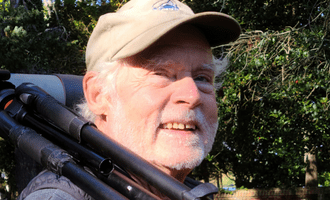
Dr. Bell is Senior Associate and former Director of the Washington College Center for Environment and Society. A native of Silver Spring, MD, he graduated from the University of Miami, Florida, and earned his Ph.D. from Harvard University where E.O. Wilson infected him with a lasting love of ecological things. Retired in 2006, Dr. Bell continues his passion for birds and teaching through the Maryland Ornithological Society and its Youth Program (YMOS).
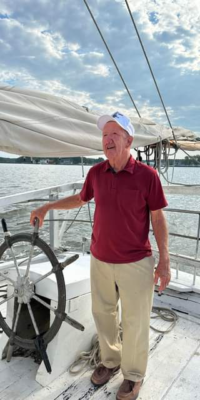
Wade H. Murphy, Jr., Captain of the Rebecca T. Ruark, has been sailing and harvesting oysters on the Chesapeake Bay for 66 years. He is a wealth of knowledge and enjoys sharing stories of his life as a waterman and the history of the bay. He will regale some tales and share how he came to have 82 male canvasback decoys made from the original mast of the oldest skipjack in the Nation. There are 18 left for sale. See Capt. Wade for details.
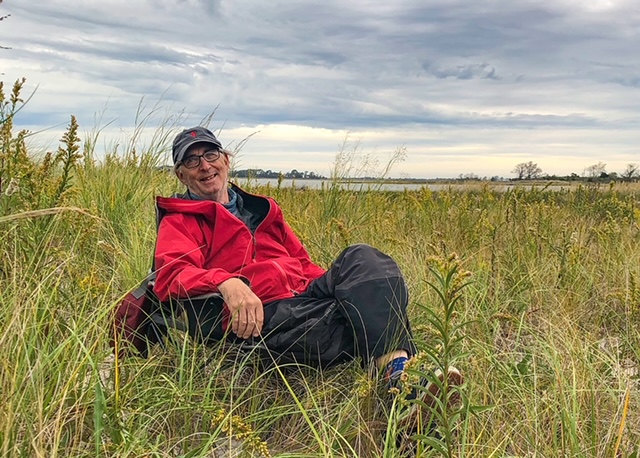
Dave Harp is a photographer and filmmaker living in Cambridge on Maryland’s Eastern Shore. He is a 1969 graduate of Ohio University, with a degree in English literature. He served as the staff photographer for the Hagerstown Morning Herald and was the photographer for The Baltimore Sun Magazine for nearly a decade before establishing his own business in 1990.
Mr. Harp’s magazine work has taken him from the coast of Normandy for a story on the 40th anniversary of D-Day to western Australia for coverage of the America’s Cup and to the tropical rain forests of Panama for magazine and corporate photography. His magazine credits include The New York Times Magazine, Smithsonian, Audubon, Sierra, Natural History, Islands, Travel Holiday, and Coastal Living Magazine. He has produced annual reports for multi-national and regional companies such as EDS Corporation and Carefirst Blue Cross/Blue Shield of Maryland.
He has collaborated with noted Chesapeake Bay writer Tom Horton on five books of photographs and essays:
Water’s Way: Life Along the Chesapeake, was published by Elliott and Clark in 1992 and released as a paperback by The Johns Hopkins University Press in the spring of 2000. The Great Marsh: An Intimate Journey into a Chesapeake Wetland, was published by The Johns Hopkins University Press in 2002, The Nanticoke: Portrait of a Chesapeake River by Johns Hopkins University Press 2008 and Choptank Odyssey by Schiffer Publishing in 2015. An earlier Harp/Horton collaboration, Swanfall: Journey of the Tundra Swans, was published by Walker and Company in 1991 and republished in 2011 by the Ward Museum.. He was the principal photographer for three cookbooks, Coastal Cooking with John Shields (2004), Great Menus: Seasonal Recipes for Entertaining by Patsy Lewis Mote (2011) and The New Chesapeake Kitchen by John Shields in 2018.
More recently he teamed with Horton and filmmaker Sandy Cannon-Brown to produce a series of documentary films: Beautiful Swimmers Revisited (2017), High Tide in Dorchester (2018), Island Out of Time (2018) , Nassawango Legacy (2019) ,Saving San Domingo ( 2020) and Waters Way: Thinking Like a Watershed (2021), Pops Old Place (2022) and A Passion for Oysters (2023).
An exhibit of his photographs, Where Land and Water Meet: The Chesapeake Bay Photography of David W. Harp was at the Chesapeake Bay Maritime Museum between September 24, 2020 and September 20, 2021,at the Nabb Center at Salisbury University and at the Dorchester Center for the Arts.
He was awarded the Andrew White Medal by Loyola College for his Chesapeake Bay photography in 2004, is a past president of the American Society of Media Photographers, was appointed by Governor O’Malley to the Maryland State Arts Council and a former board member of the Eastern Shore Land Conservancy. Mr. Harp can be reached through his web site www.chesapeakephotos.com.
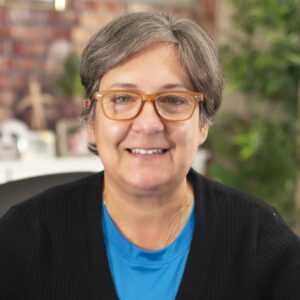
Louisa Winters, Mid-Atlantic Drones: We fly where others can’t. Our pilots have logged more than 4000 flight hours on missions for clients from National Geographic and Discovery Europe to Maryland Public Television and more. Our industry awards include six EMMY nominations and four EMMY wins.
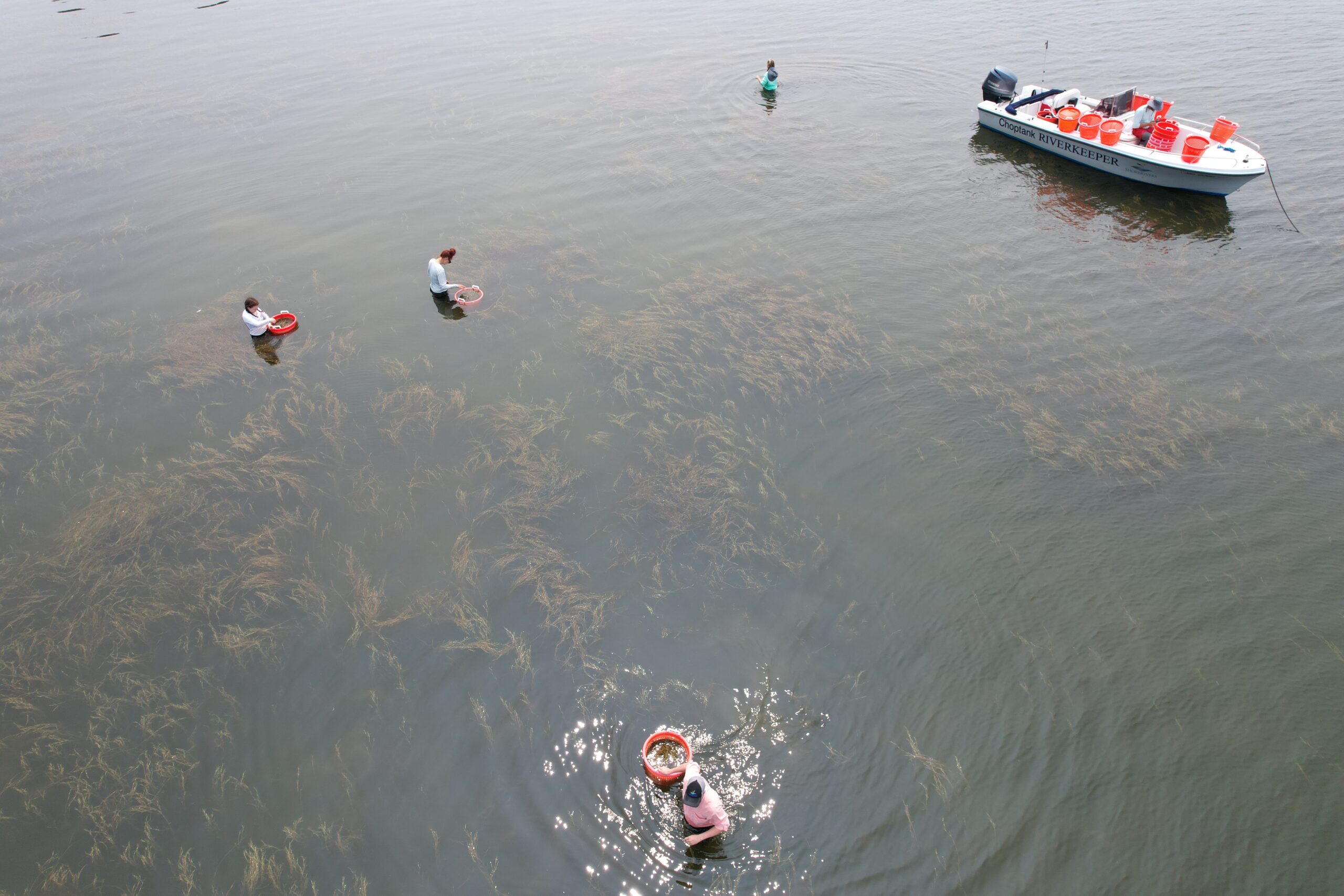
ShoreRivers is a local non-profit committed to protecting and restoring the waterways of the Eastern Shore through science-based advocacy, restoration, outreach, and education. As part of this work, ShoreRivers is actively engaged in the restoration and protection of submerged aquatic vegetation (SAV) through monitoring, harvesting, processing, and planting several underwater grass species across our watershed. Thanks to newly developed technology, ShoreRivers is able to process millions of seeds each summer to plant back in local rivers. These SAV beds provide essential habitat for waterfowl, crabs, and fish, while also improving water quality and climate resilience in the Chesapeake Bay.



